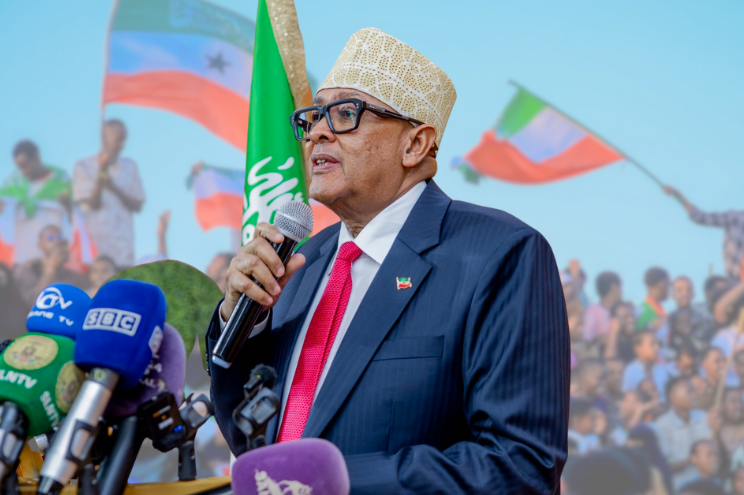
Red Sea Geopolitics and Secession: Policy Implications of Israel’s Recognition of Somaliland
This policy paper analyzes the potential Israeli interests behind the

This policy paper analyzes the potential Israeli interests behind the
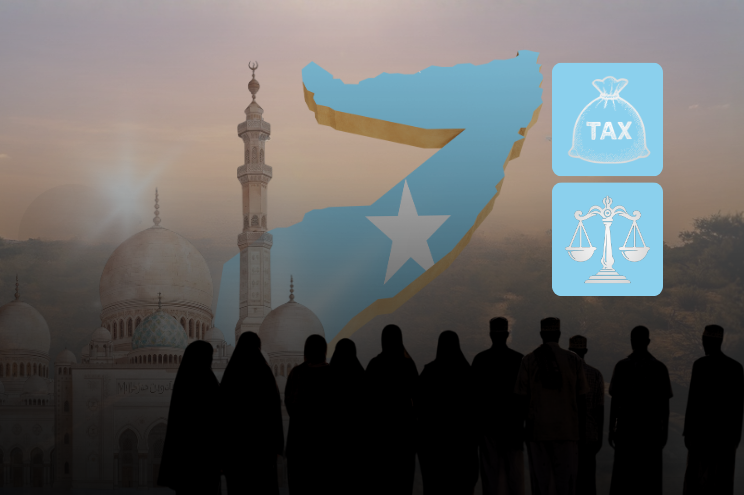
This study explored how religious interpretation, societal cultural norms, trust
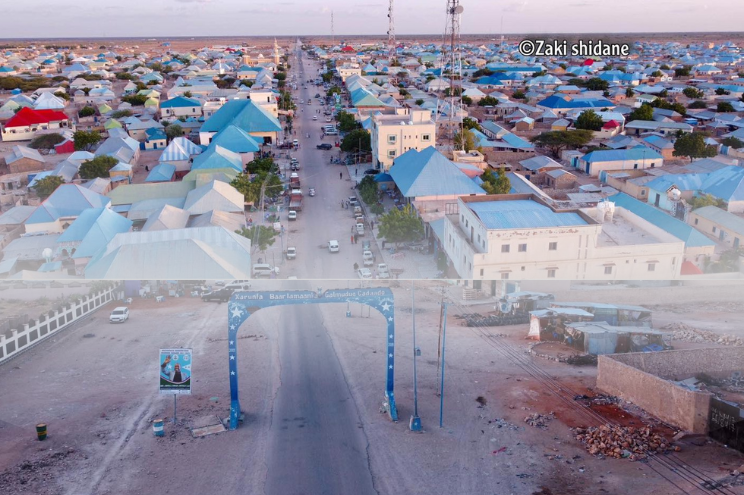
The Adado business community plays a limited role in local
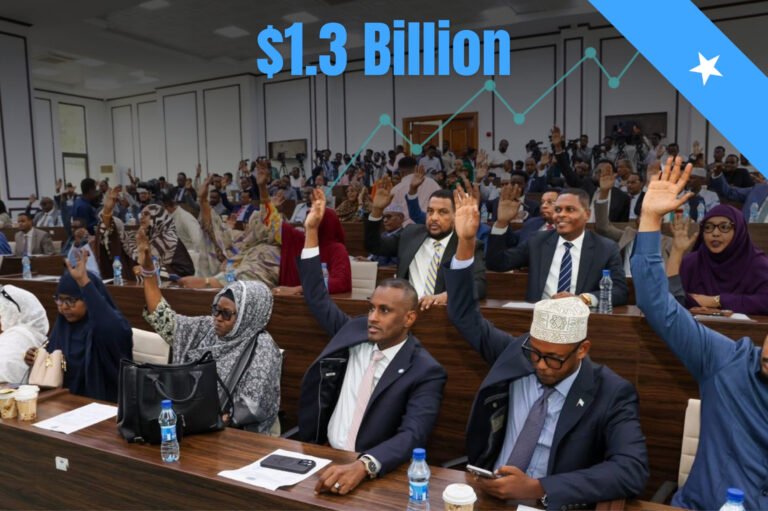
This study investigates the limitations in Somalia’s federal budget formulation
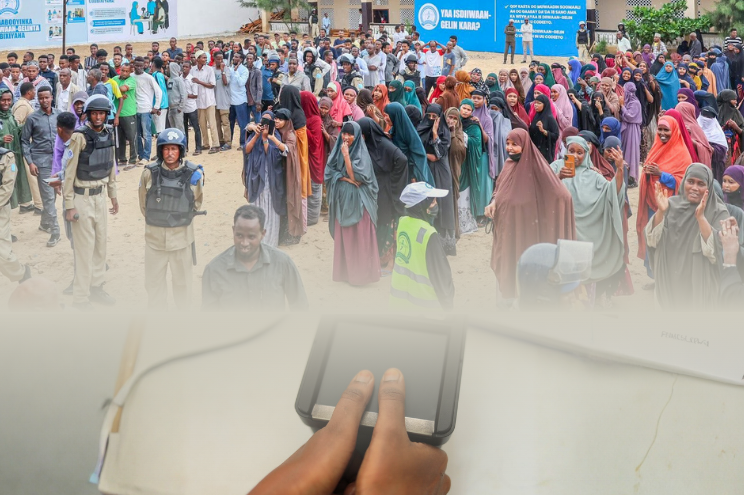
This policy paper examines the first voter registration process conducted
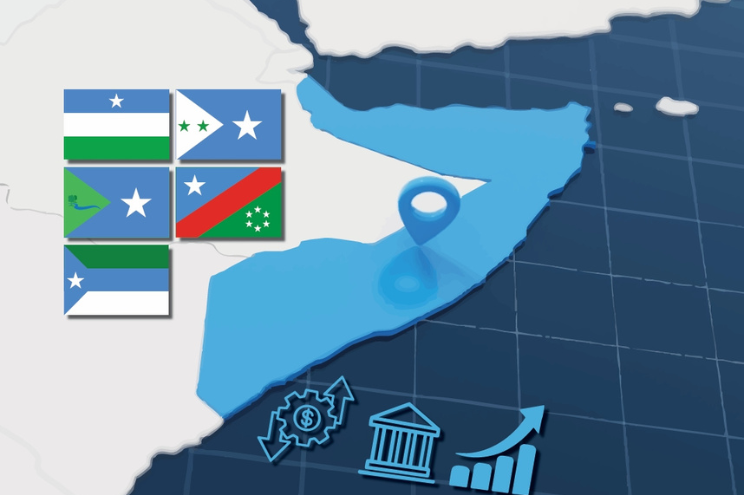
This study examines how Somalia’s Public Finance Management (PFM) systems
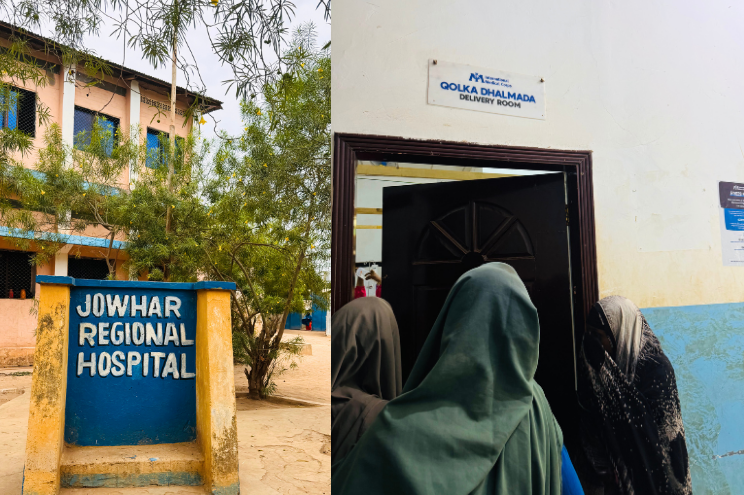
Jowhar’s health system relies heavily on donor-funded hospitals, with its
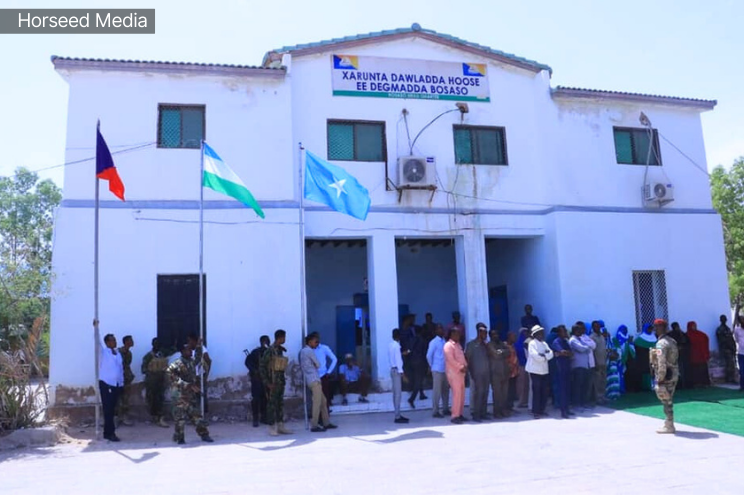
The Bosaso District Development Committee (DDC), created through presidential decree,

Bosaso, Puntland’s commercial hub, relies on business and customs taxes
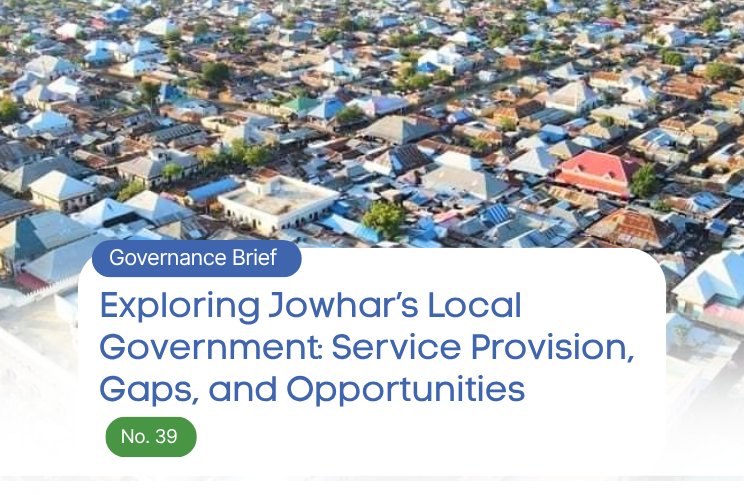
Jowhar’s local government primarily provides administrative services such as licensing,
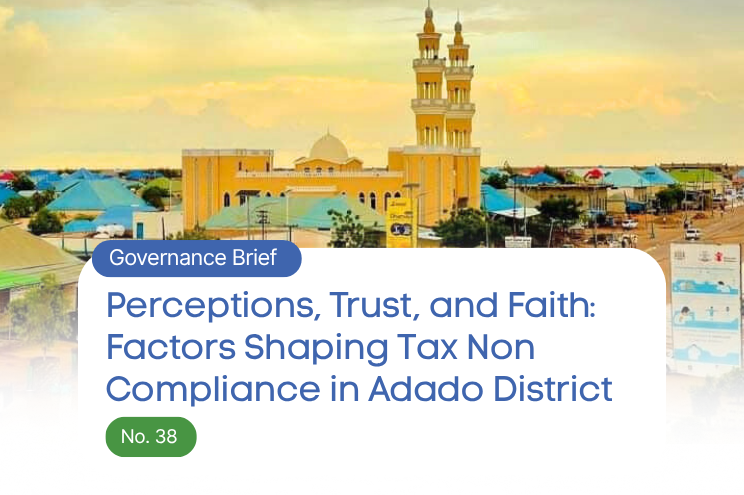
Low trust and negative perceptions of the Adado local government—driven
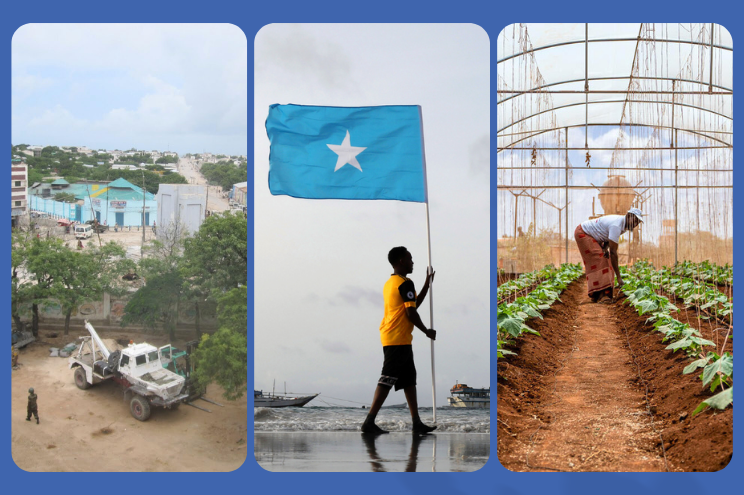
Somalia is no stranger to hardship. For over three decades,
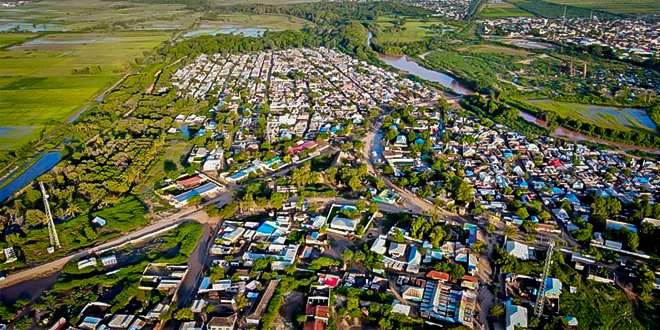
The Jowhar Local Council has struggled to function effectively due
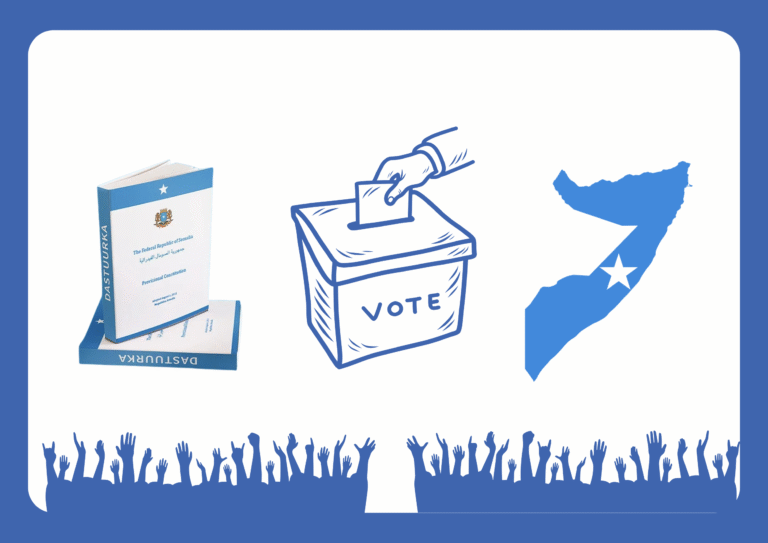
Efforts are underway to finalize the provisional constitution and organize

Bosaso’s electricity price of USD 0.79 per kilowatt has severely
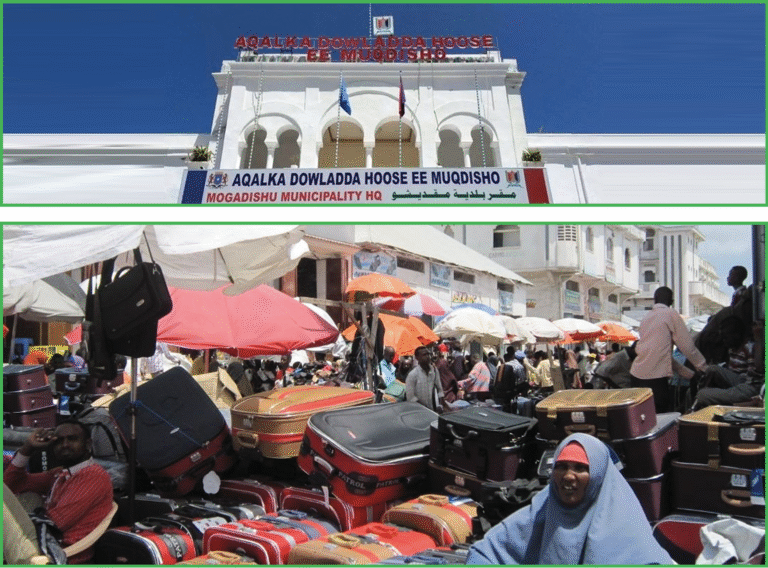
Establishing governance in general—and fiscal governance mechanisms in particular—has been
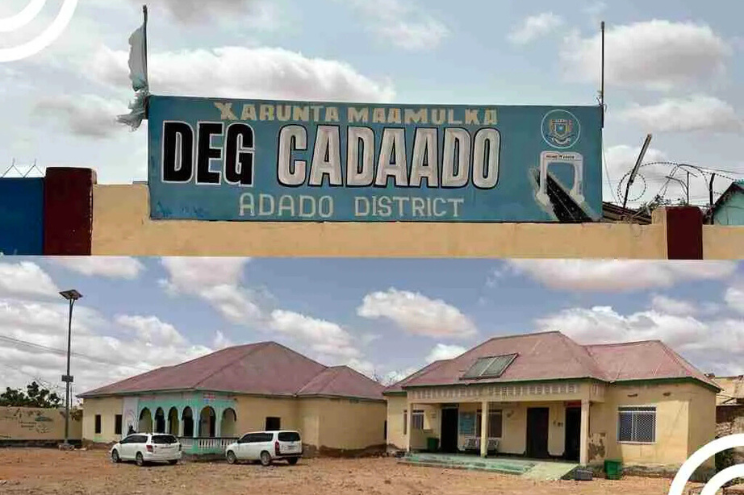
Revenue Generation in Adaado is Operational but Limited: Out of
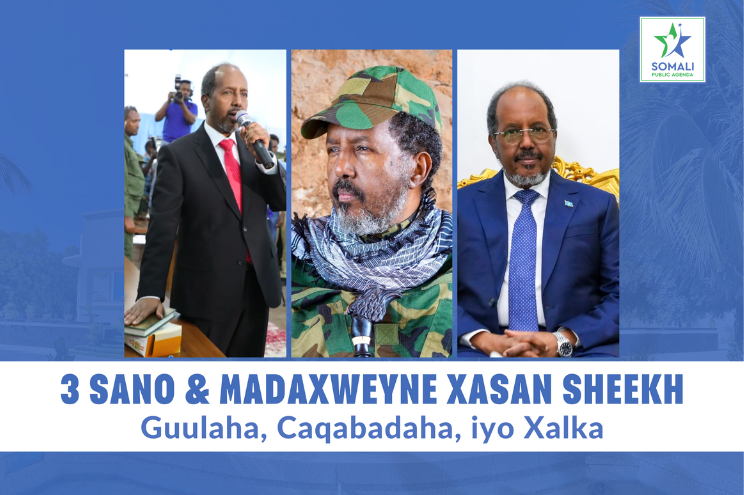
Saddex sano ka hor, 15 May 2022, Xasan Sheekh Maxamuud
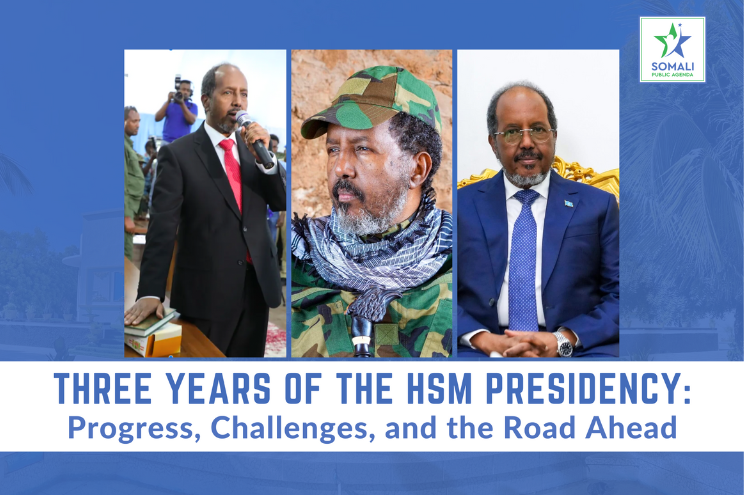
Three years ago, on 15 May 2022, Hassan Sheikh Mohamud
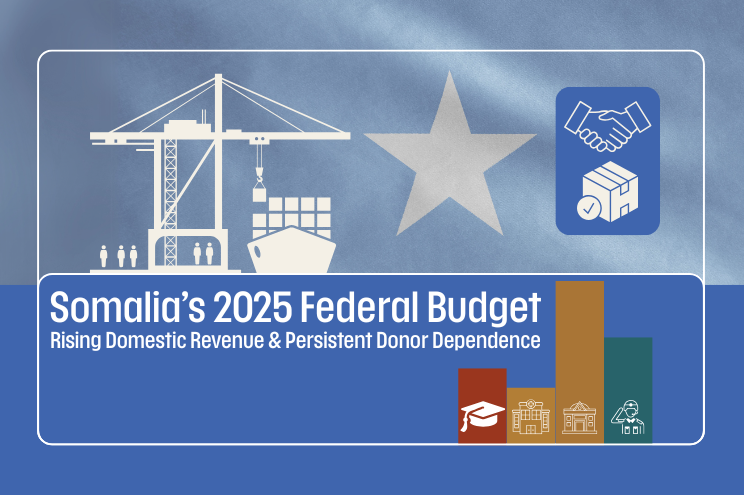
Somalia’s 2025 federal budget increased to $1.32 billion, with 67%

Jowhar’s local government faces significant challenges in revenue collection

In collaboration with the Regional Durable Solutions Secretariat (ReDSS), Somali

Maareynta maaliyadda ayaa qeyb weyn ka ah dadaallada ay deeq-bixiyeyaasha
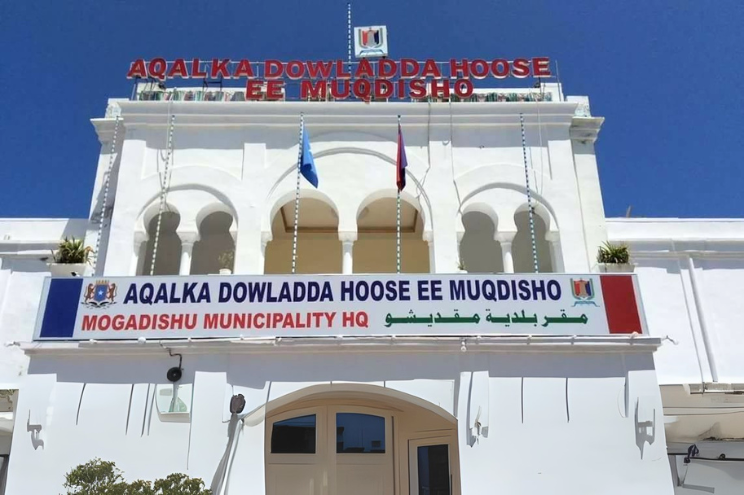
Fiscal governance has taken center stage in donor-championed efforts and

After years of conflict and instability, Somalia is entering a

The study investigates to what extent groups affected by past
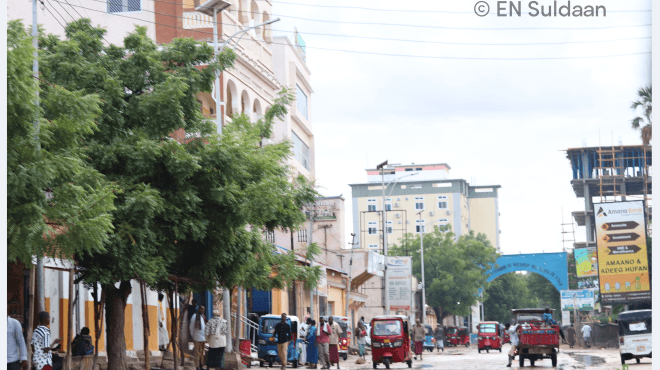
Residents in Beledweyne have been suffering
from insecurity in

This policy paper draws from a forum held by Somali
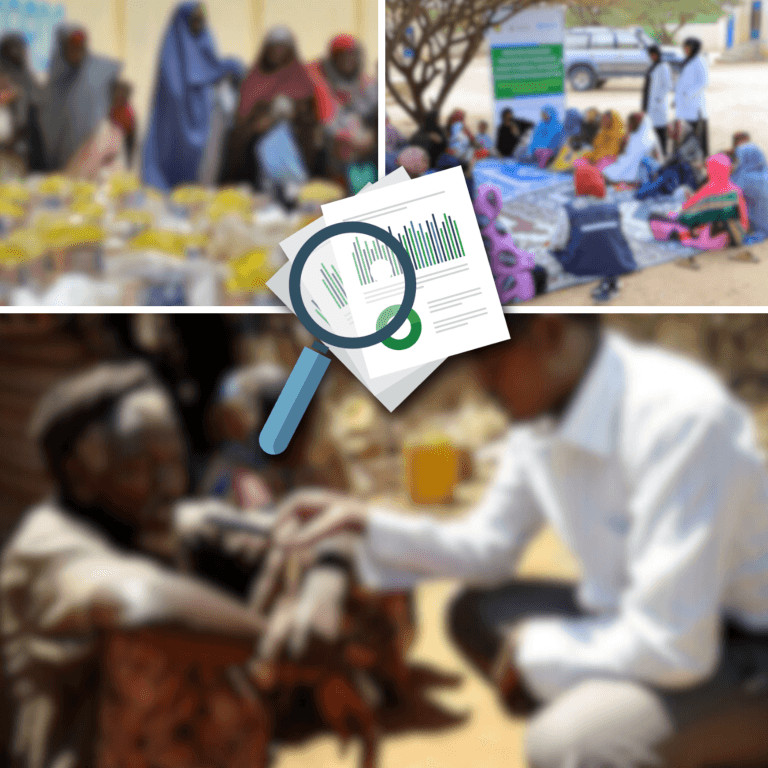
This study aims to address this gap by examining how

8-dii Ogosto 2024, Golaha Wasiirrada ayaa ansixiyey Hindise-sharciyeedka Ururrada iyo
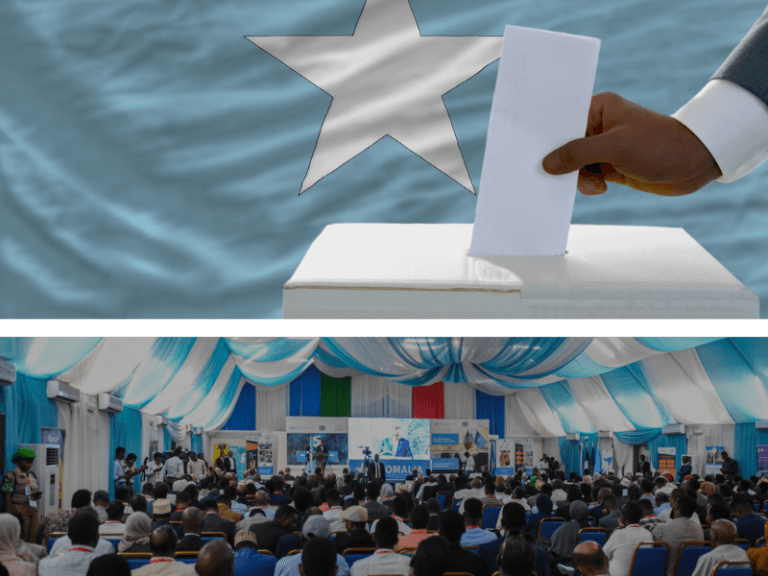
On Thursday, August 8, 2024, the FGS Council of Ministers

On 8th August 2024, the Federal Government of Somalia’s (FGS)

Hindise-sharciyeedka Dhismaha Guddiga Madaxa-bannaan ee Doorashooyinka Qaranka iyo Soohdimaha waxa

The Establishment Bill of the the Independent National Elections and
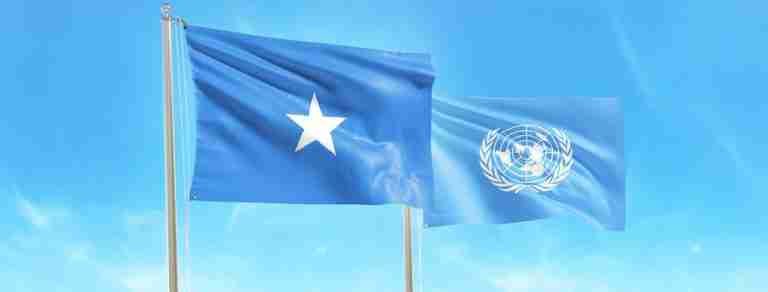
This governance brief analyses the FGS’s demand to liquidate the

Maadaama aan ka shaqeynayay cilmibaarisyo la xiriira doorashooyinka Soomaaliya tan

Having worked on and studied election processes in Somalia since
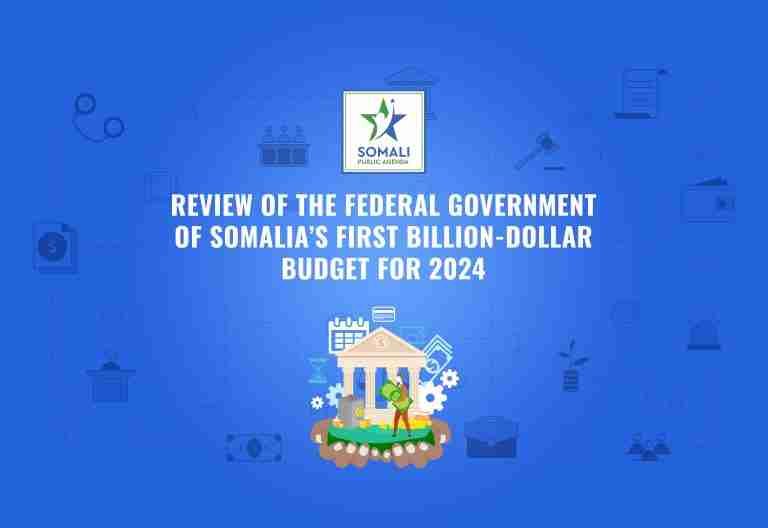
This brief analyzes the 2024 federal budget and its main
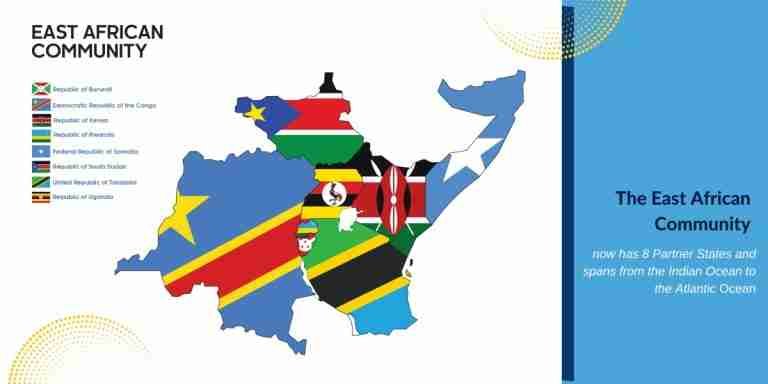
The paper indicates that there are, inevitably, opportunities linked to

This policy paper aims to contribute to a better informed,
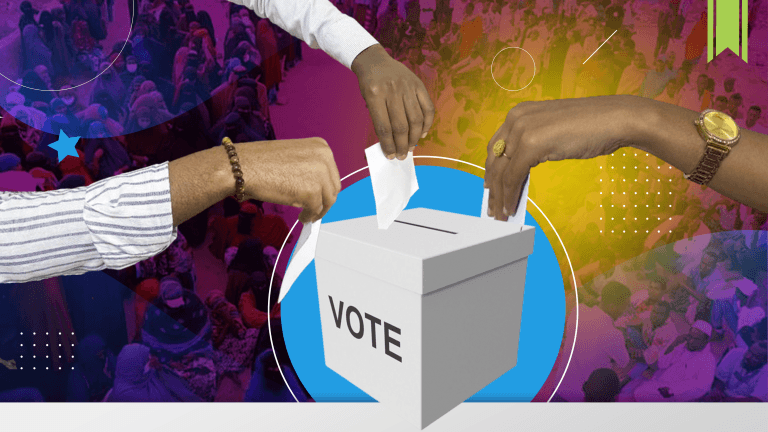
This paper explores the possibilities of Somalia’s transition from a
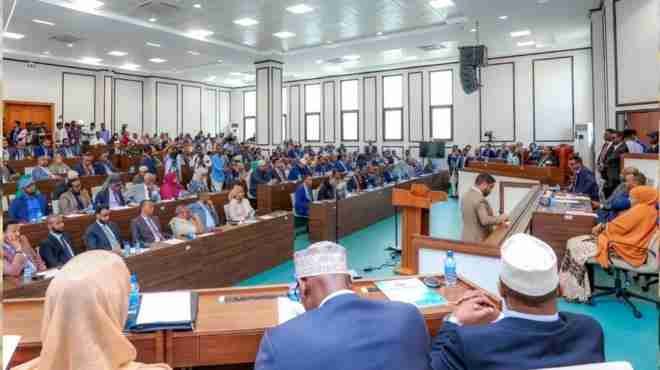
This brief analyses the Adoption Procedure for the Constitutional Amendment

In this brief, we report the results of a survey

This study examines district council formation (DCF) in three FMSs;
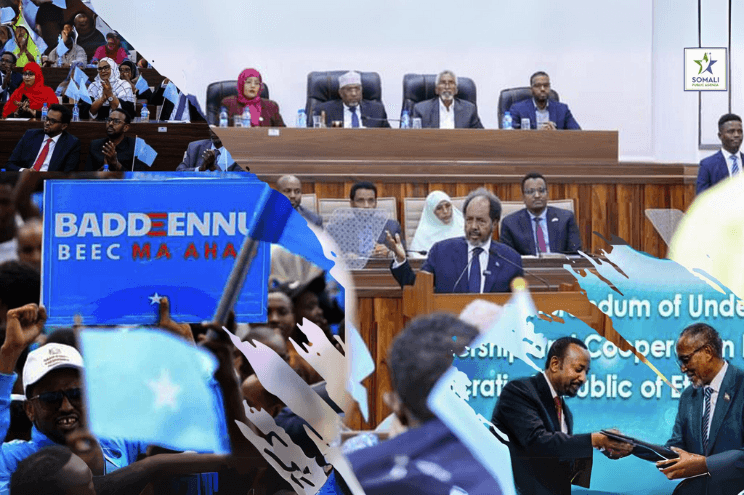
Inkastoo ay dowladda federaalka diiradda saartay diblomaasiyadda iyo abaabulka dadweynaha,

While the FGS has so far focused on diplomacy and
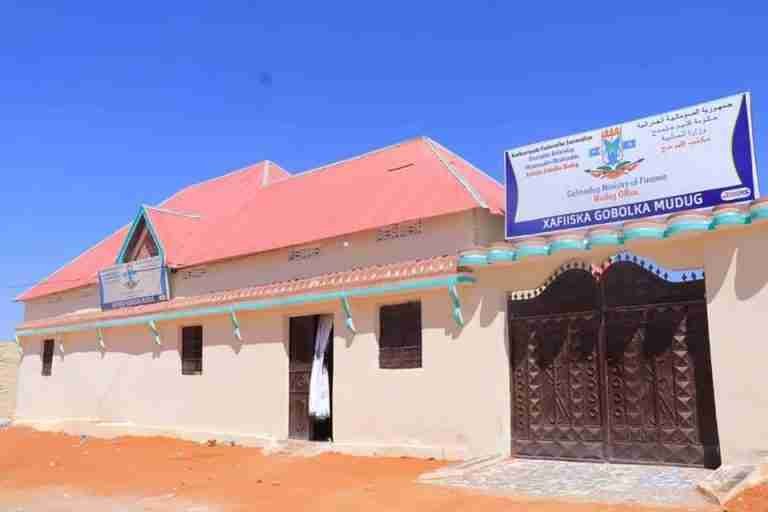
Decentralization has been emerging as a policy issue in Somalia
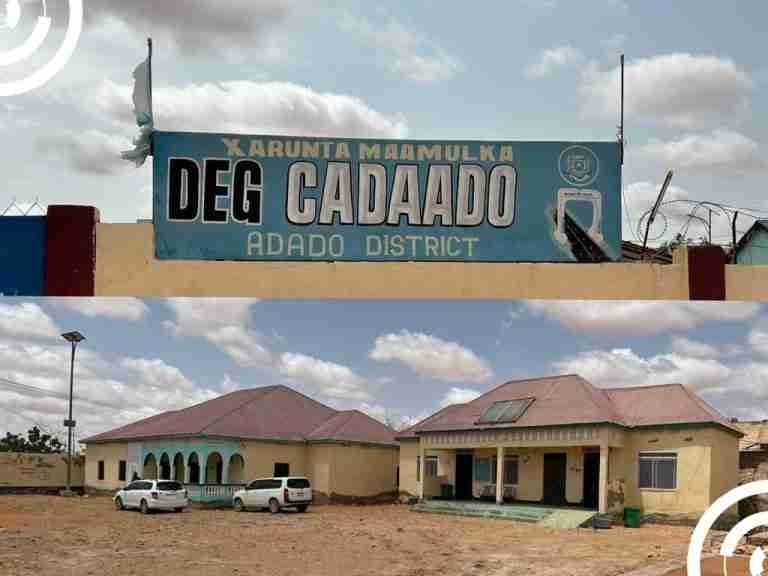
This governance brief presents preliminary findings for an ongoing study
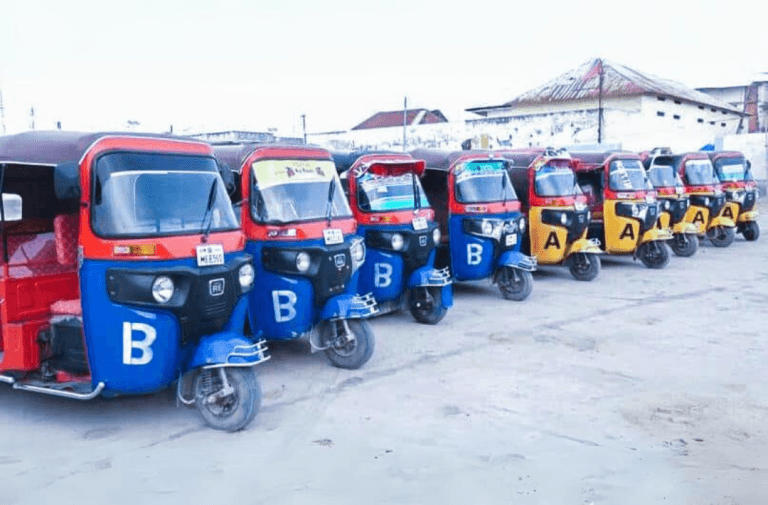
Dhammaadkii bishii Maarso 2023, Golaha Wasiirada ee Xukuumada Federaalka Soomaaliya

At the end of March 2023, the Council of Ministers
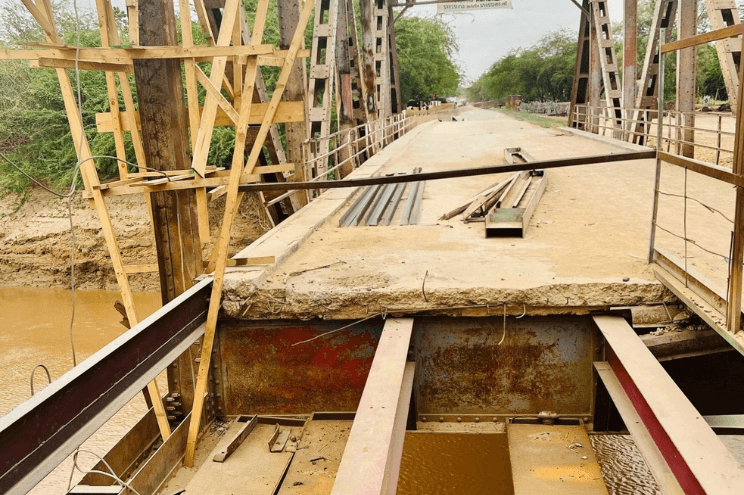
In this commentary, I contend that Somalia’s public sector continues

Considering the persistent challenges underlying the quality of higher education
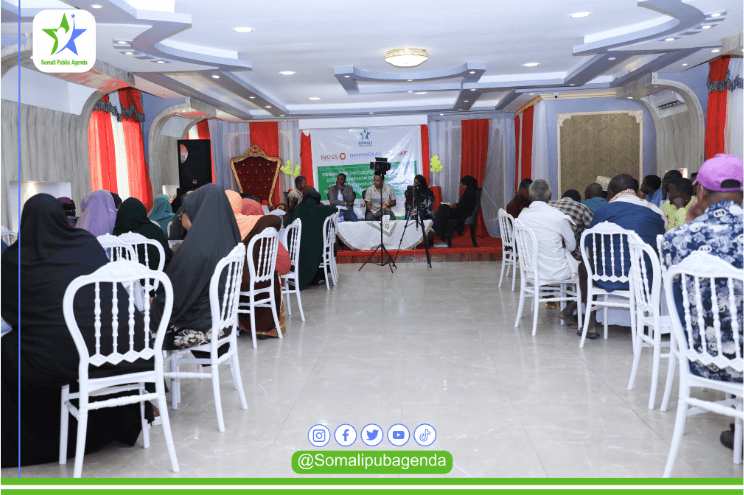
This commentary examines the issue of clan-based marginalization experienced among
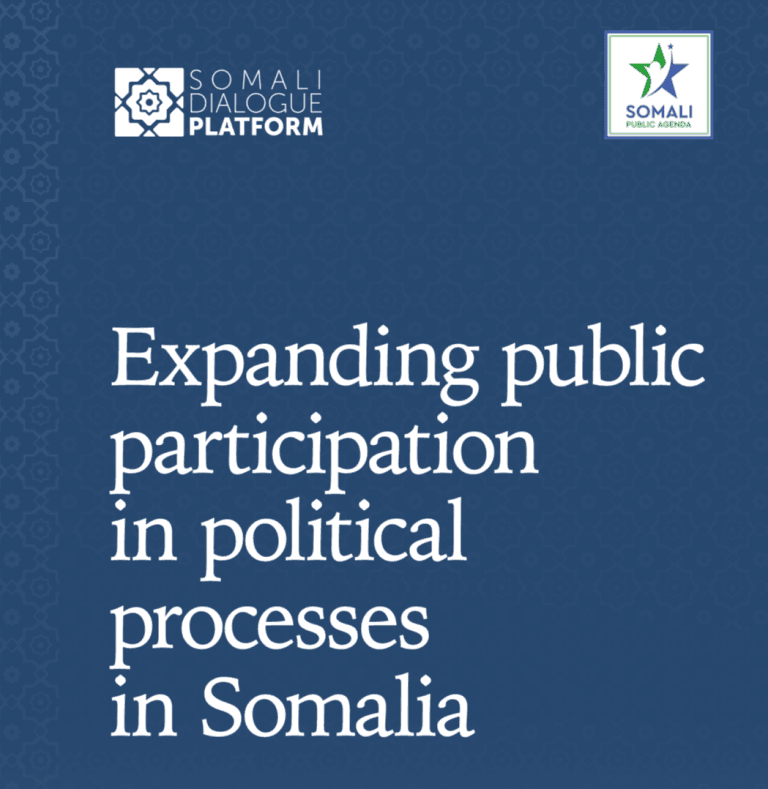
This study explores the prospects and challenges for public participation

This report considers the priorities and experiences of displacement-affected communities.

This policy paper analyses the key components of the controversial
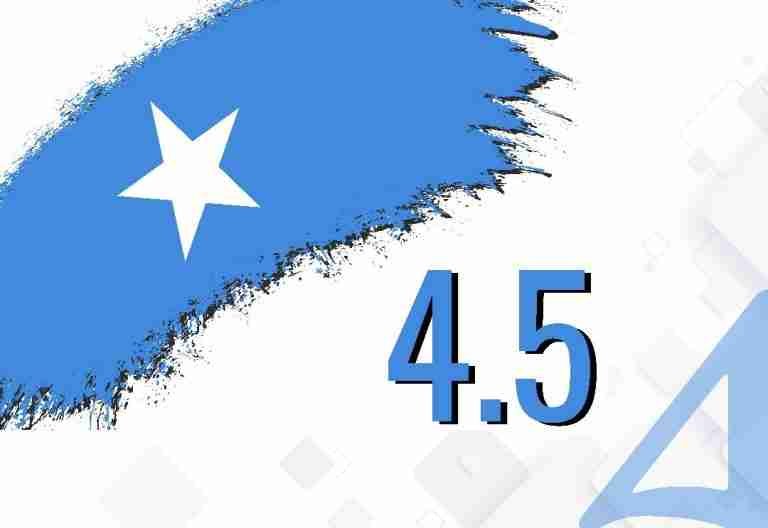
This brief aims to promote and inform such discussions on
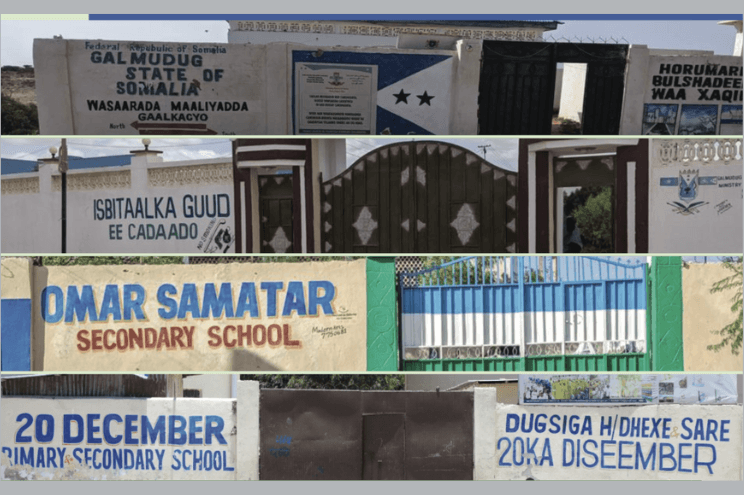
This study takes stock of fiscal and service delivery decentralization

This brief analyzes the 2023 federal budget and its main
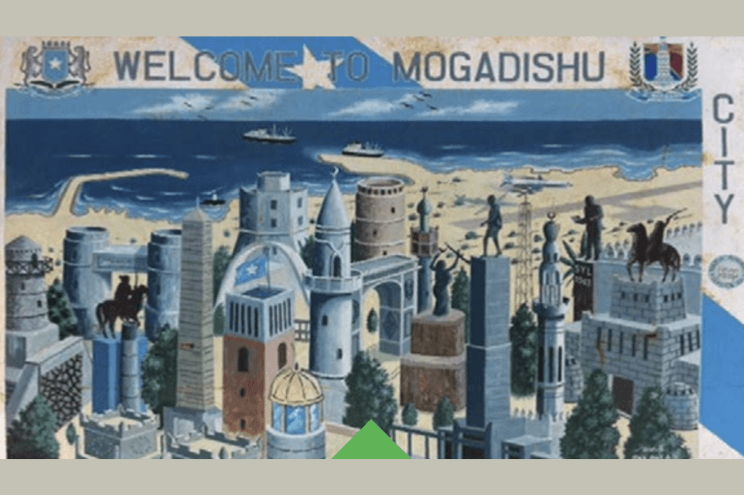
This safety and security study on Mogadishu examines the everyday
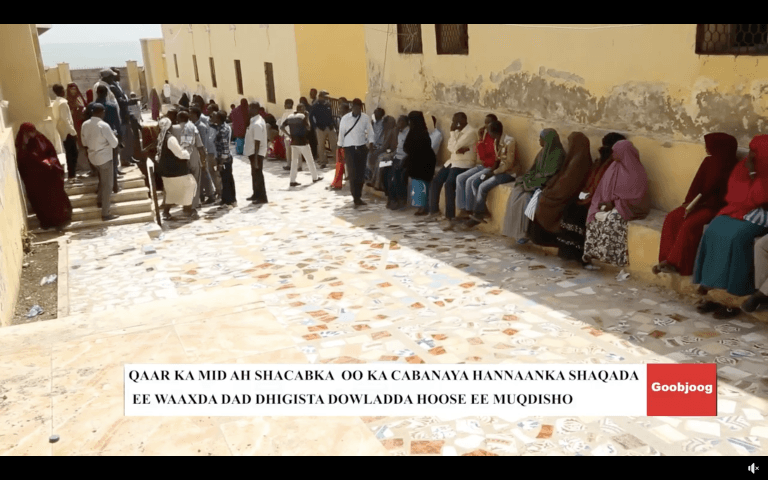
Inta badan ka qeybgalayaasha oo ahaa dhallinyaro, waxa ay horay

The vast majority of the participants, who were youth, had
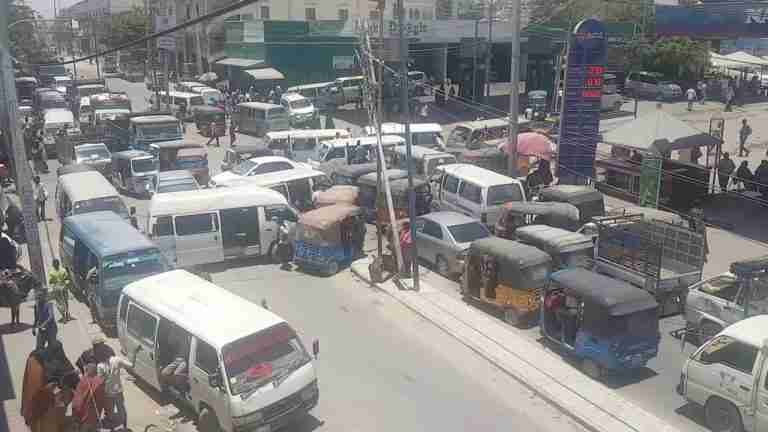
Waxyaalaha sababay caqabadaha isu-socodka magaalada Muqdisho waxaa kamid ah amni

Several factors contribute to the challenges of human and traffic
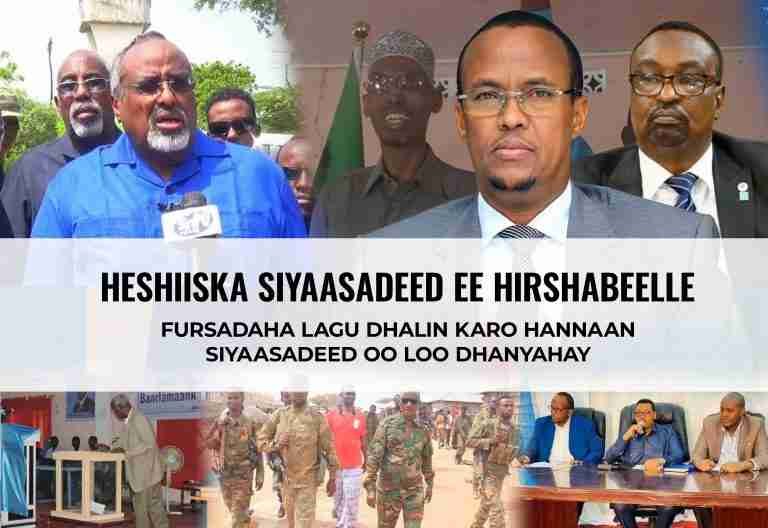
This policy brief, based on extensive empirical research, therefore provides
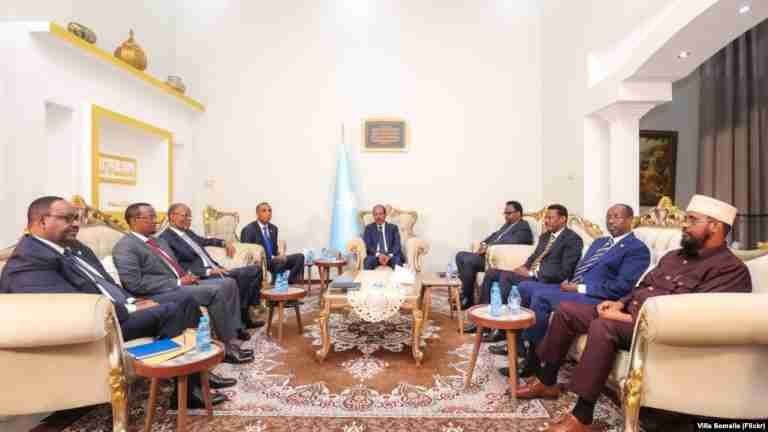
This governance brief examines the NCC agreements on the judiciary
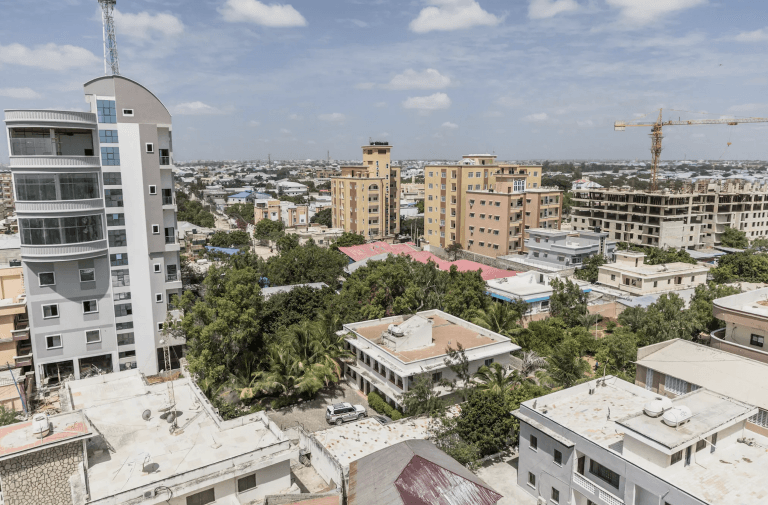
Arrimo badan ayaa sababa qiimaha sarreeya ee kirada guryaha Muqdisho.

Many factors cause the high rent rates in Mogadishu. These
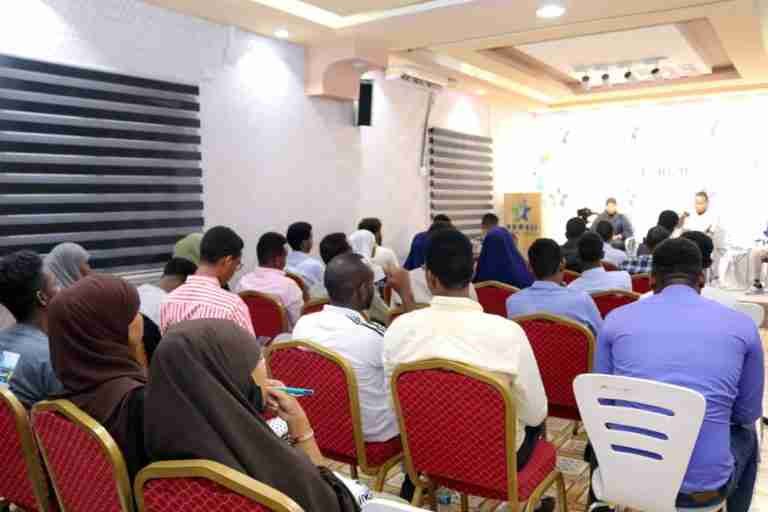
Soomaaliya waxa ay leedahay mid kamid ah shucuubta ugu da’da

Somalia has one of the youngest populations in the world.
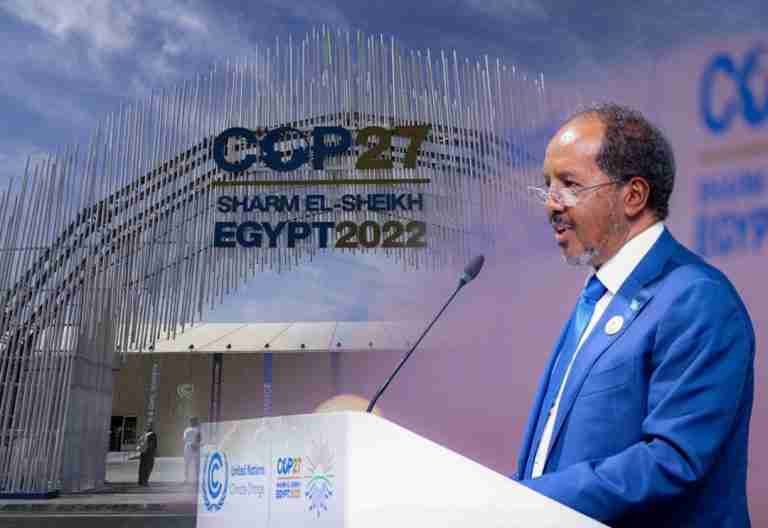
Natiijada COP27 siyaabo kala duwan ayay muhiim ugu yihiin Soomaaliya.

In some ways, COP27 has some important takeaways for Somalia.
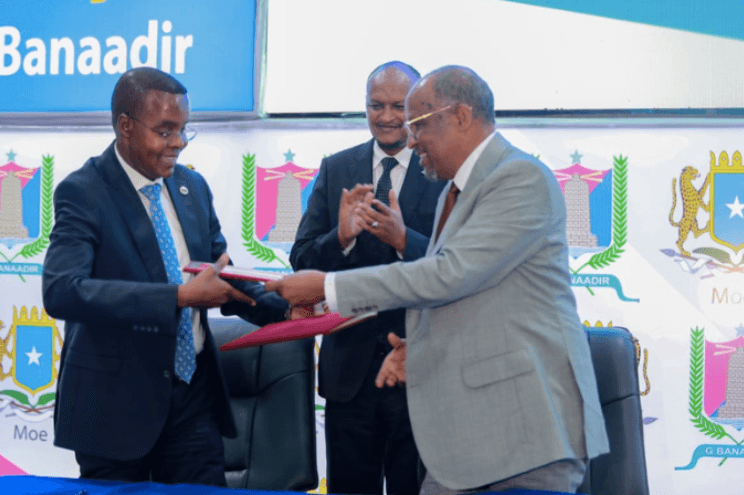
The education decentralization to Benadir Regional Administration has achieved some

This governance brief examines the factors that contributed to the
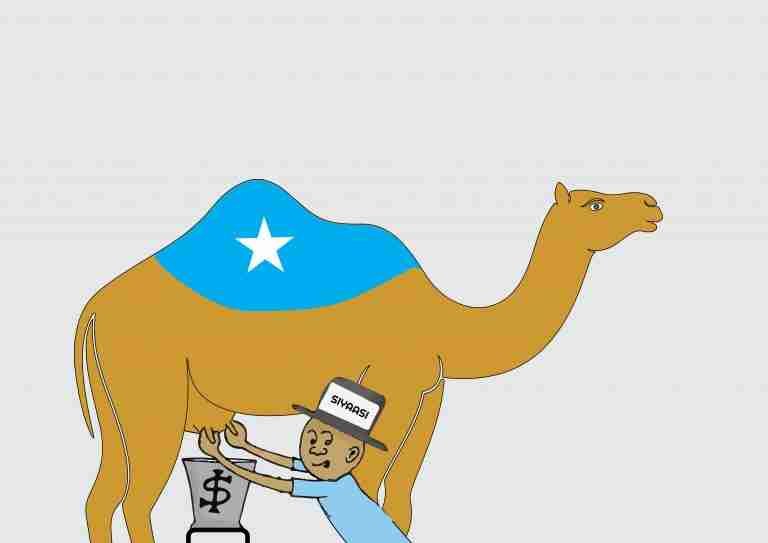
Hannaanka doorashada dadban oo suurtageliyay in siyaasiyiinta dhaqaalaha iyo awoodda

Flawed electoral processes that enable privileged politicians to come to
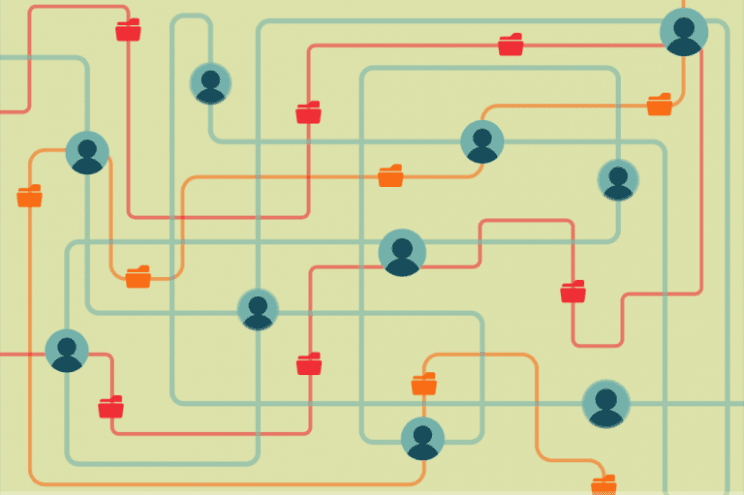
This paper explores risks and mitigation efforts around data sharing
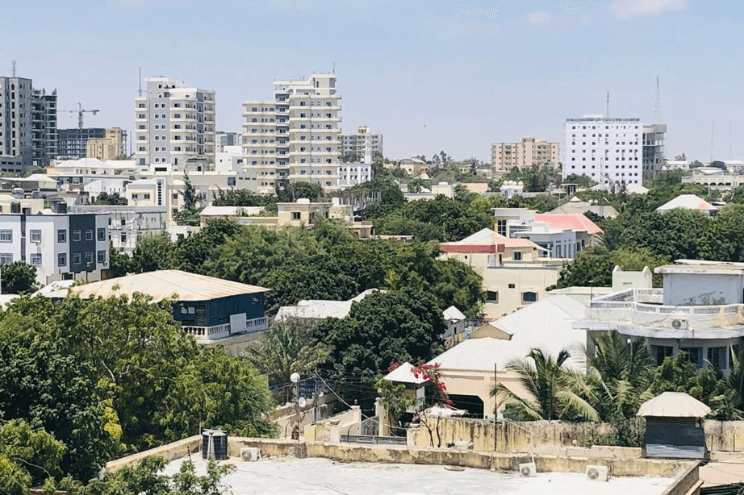
Agreement on Mogadishu’s status remains critical. Inclusive political dialogue and

Meaningful and inclusive political dialogue on the allocation of powers
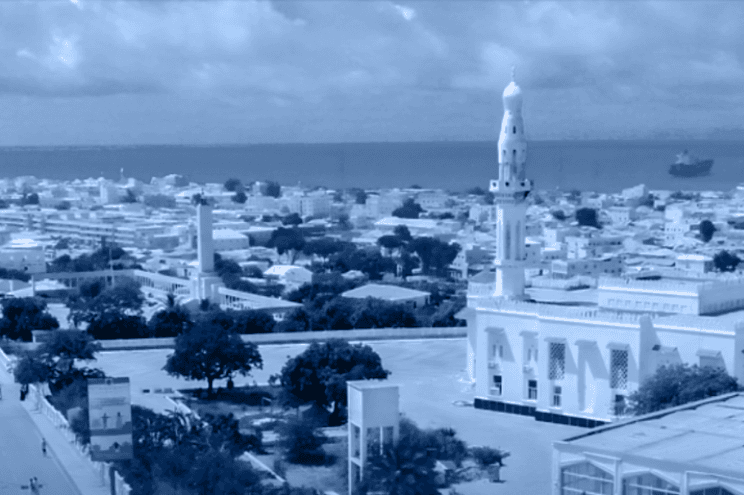
The role of religious actors in contemporary Somali politics report

Halbeegyada heerka caafimaad ee Soomaaliya waxay muddo dheer ahaayeen meesha

The start of a new political cycle presents a fresh

Somalia’s health status indicators have long remained at the bottom

Although the annual government budget has progressively increased by around
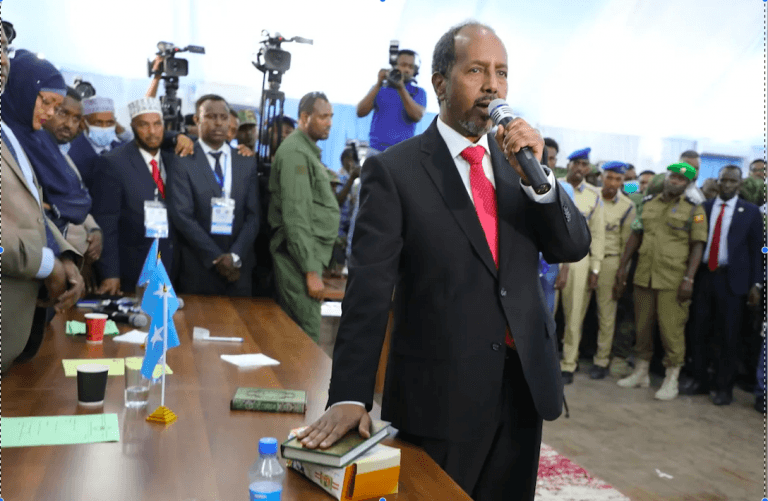
Faalladan waxa ay qiimeynaysaa waxyaabaha sahlay in uu Xasan Sheekh

This commentary assesses why Hassan Sheikh won, and what his
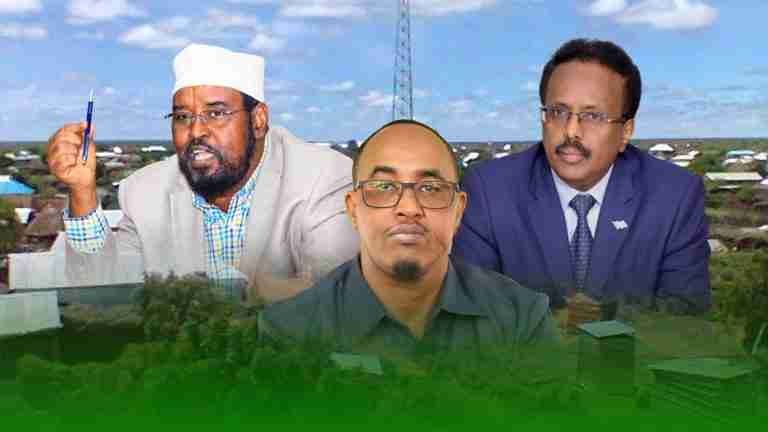
This brief examines how Gedo became a key battleground for

This study investigates the role Turkey plays in the improvement

Mogadishu is often described as ‘the world’s most dangerous city’

Khubaradda, warfidiyeenka iyo ajaanibta u dhuun-daloosha arrimaha Soomaaliya ayaa waxa

Somalia cities face an accelerated growth rate, and urbanization is

Magaalooyinka Soomaaliya waxay wajahayaan koror degdeg ah, magaaleyntana waa arrin

Galmudug State of Somalia (GSS) became embroiled in a bloody

After about three and half months, the election of the

Policies, programs, and projects that are designed and implemented to
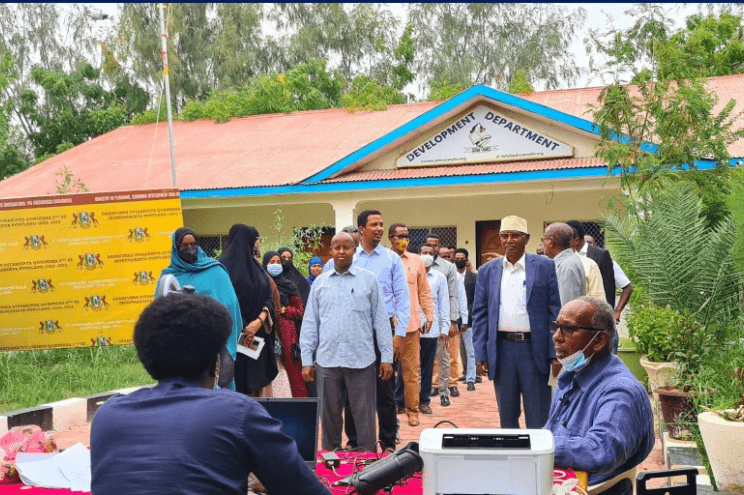
There are opportunities and challenges associated with the Puntland democratization

Somalia adopted a federal system in 2004 when the Transitional

On May 27, members of the National Consultative Council (NCC)

Over the past decades, donors, aid agencies, consultants and enumerators

Faalladani waxa ay sharraxeysaa xaaladda cakiran ee doorashooyinka Soomaaliya ee

This commentary explains the current impasse around elections in Somalia

On 29 December 2020, the Somali Federal Parliament (two days

Golaha Shacabka ee Baarlamaanka Federaalka Soomaaliya ayaa 29-kii bishii Diseembar

he roads to reconciliation and state formation in Galmudug have
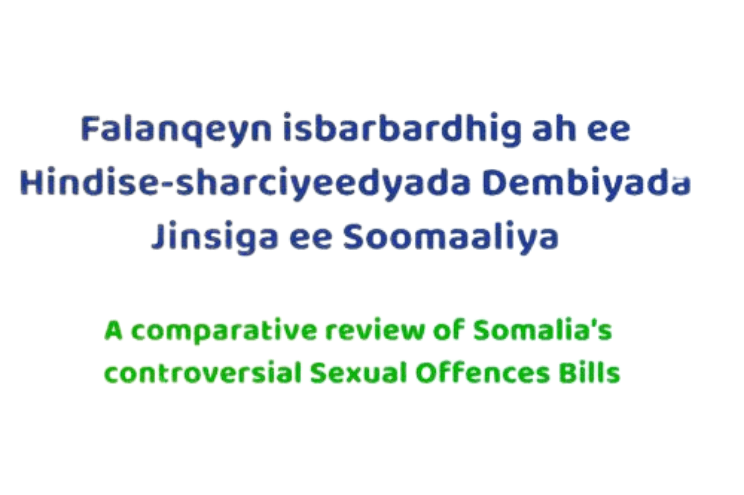
There has been controversy surrounding the development of new legislation

Somalia is a youthful country with a high fertility rate.

Soomaaliya waa dal ay dhallinyarada u badan tahay heerka tarankuna

Protecting progress that has already been made in Somalia’s post-conflict

Somalia is heading into another indirect election in 2020-21. It

This October, the constitutional 4-year mandate of both Hirshabelle’s parliament

Bishan Oktoobar, waxaa dhammaanaya muddo-xileedka 4-ta sano ah ee baarlamaanka

Somali Public Agenda September 27, 2020 Evaluating the Governance of

On Thursday, 20 August 2020, the president of Somalia, leaders

Somalia’s federal and state leaders are currently in Dhusamareb discussing

Soon after the first few cases of COVID-19 were confirmed

On 7th June, the joint 17-member parliamentary committee tasked with

7-dii bishii Juun, guddiga baarlamaanka ee ka koobnaa 17-ka xubnood

COVID-19 has become the most talked-about global threat of 2020

COVID-19 ayaa noqday khatarta loogu hadal heynta badan yahay sanadka

Somali Public Agenda May 13, 2020 Inclusion, Accountability, and Protection:

On 16 March 2020, Somalia’s Ministry of Health confirmed the
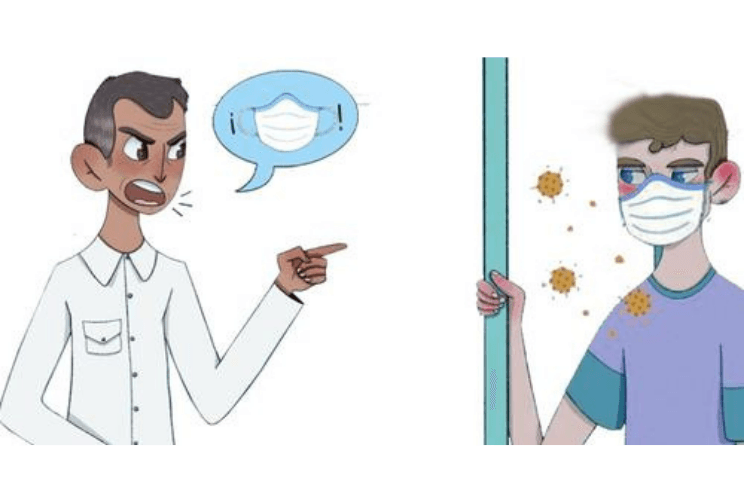
16-kii Maarso 2020, Wasaaradda Caafimaadka ee Soomaaliya ayaa xaqiijisay kiiskii
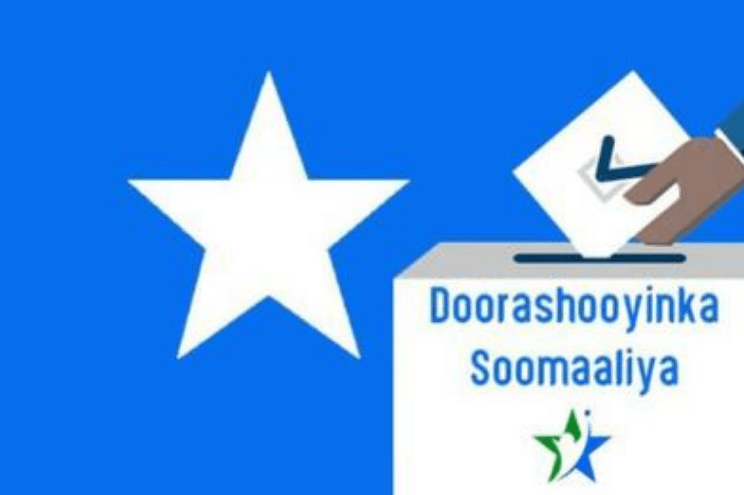
This is a crucial election year for Somalia as the

In ka badan 142,000 qofood oo ku kala nool 122

There are now more than 142,000 cases of COVID-19 in

On the last day of December 2019, a joint meeting

Maalintii ugu dambeysay bishii Diseember 2019, kulan wadajir ah oo

Somalia is in search of an electoral model for the

Soomaaliya waxay baadi goobeysaa hannaan doorasho ee doorashada 2020/21. Guddi

For the first time in 50 years, national one person

Markii ugu horreysay muddo 50 sanno kadib ah, doorashooyin qaran

Mogadishu is the capital city of Somalia and has the

One person one vote elections are scheduled to be held

On 1stAugust 2019, Somali President, Mohamed Abdullahi Mohamed ‘Farmaajo’ renounced

1-dii Agoosto 2019, Madaxweynaha Soomaaliya Maxamed Cabdullaahi Maxamed ‘Farmaajo’ ayaa

The National Electoral Bill is currently under parliamentary review. Once

Somalia adopted a federal system of governance in 2004, although

Separation of powers (trias politica) is a fundamental principle for

Kala saaridda awoodaha waxa ay gundhig u tahay dowladaha casriga

In October 2018, the Ministry of Education, Culture and Higher

Somalia has a very youthful population. Fragile and weak public

On the last day of December 2018, the Somali Federal

Maalintii ugu dambeysay ee sanadkii 2018, Golaha Shacabka ee Baarlamaanka

Members of Somali Public Agenda were invited to participate in

Xubno matirsan Somali Public Agenda ayaa lagu casumay in ay

Where in the world have people abandoned paper money entirely?

Halkee dunida kamid ah oo ay dadku gebi ahaanba iska

The existence of opposition and critics in a democratic polity

Nidaamka dimuqaariga ahi inuu leeyahay mucaarad iyo dad wax dhaliila

Somalia is witnessing the revival of political parties, which vanished

Soomaaliya waxaa dib uga curanaya nidaamka xisbiyada badan kuwaa oo

Somalia is due to undertake nationwide parliamentary and presidential elections

Soomaaliya waxaa la qorsheynayaa in ay ka dhacdo doorasho qaran

Somalia’s federal and regional leaders have been in intense political

Madaxda Soomaaliya heer federal iyo heer maamul goboleed waxaa muddooyinkii

The Federal Government is planning to print a new currency

Dowladda Federaalka Soomaaliya waxa ay qorsheyneysaa in ay lacag cusub

If you get the opportunity to visit the big Somali
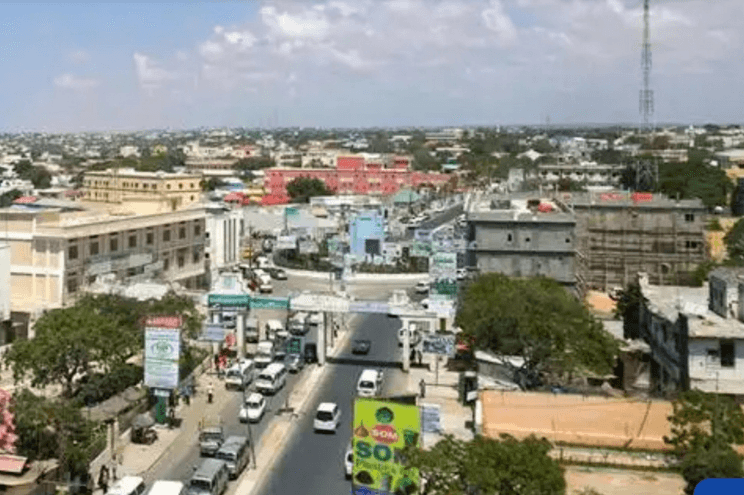
Haddii aad fursad u hesho in aad booqato magaalooyinka waaweyn

The process of drafting a federal constitution for Somalia dates

Dastuur-u-sameynta Soomaaliya waxa ay soo bilaabatay sanadkii 2004 markaas oo

At the outset of the union between British and Italian

Midowgii gobolladii Ingiriiska iyo Talyaaniga ay gumeysan jireen ee sanadkii

Public [or civil] servants are the government employees responsible for

Shaqaalaha rayidka waa howlwadeennada dowladda ee masuulka ka ah hirgelinta

The Federal Government of Somalia (FGS) has recently started financial

Dowladda Federaalka Soomaaliya waxa ay dhawaan bilowday is-bedello dhanka maaliyadda

Budgets are a reflection of government priorities for each fiscal

Miisaaniyadaha waxa ay muujiyaan qeybaha ay dowlad waliba mudnaanta siineyso
Somali Public Agenda (SPA) is a non-profit, non-partisan, and independent public policy and administration research and action organization based in Mogadishu. It aims to advance understanding and improvement of public policy and services in Somalia through evidence-based research and analysis, dialogue, policy and service design, and training.
Stay updated on governance and public services in Somalia!